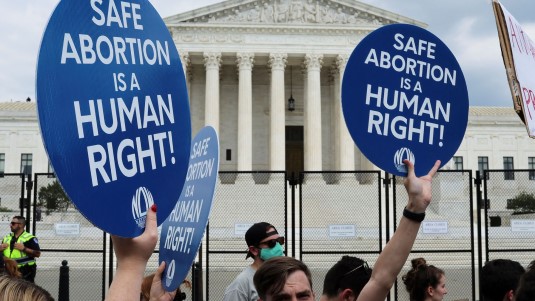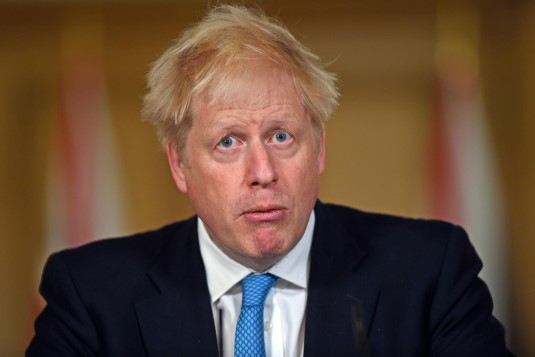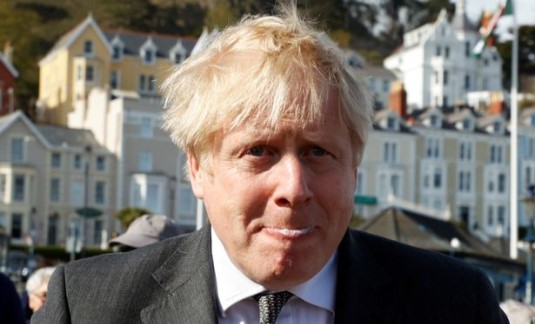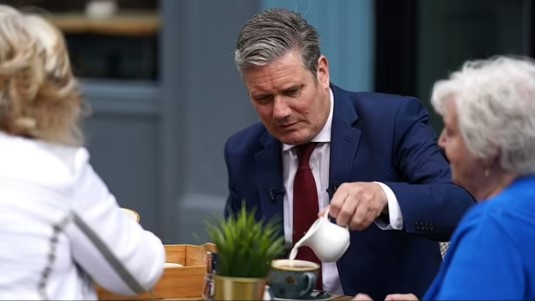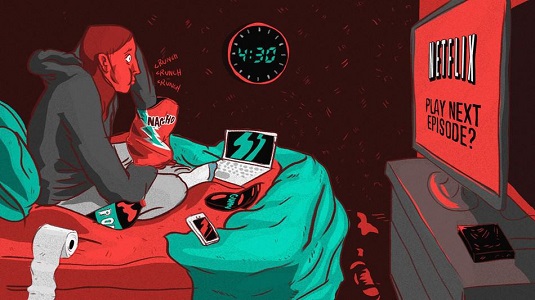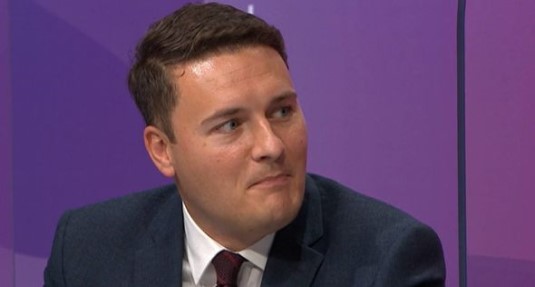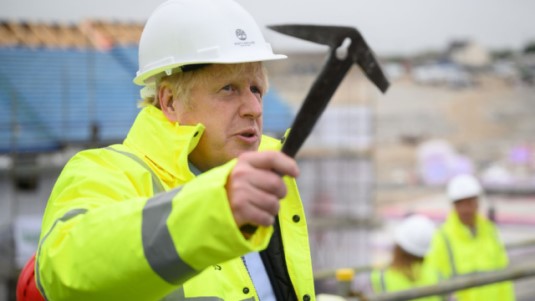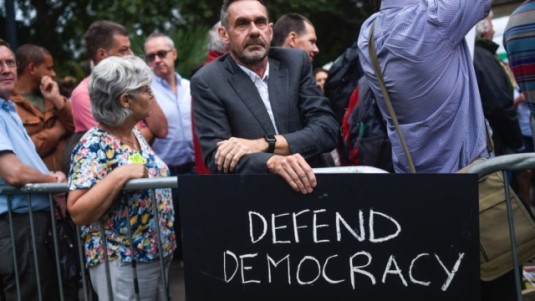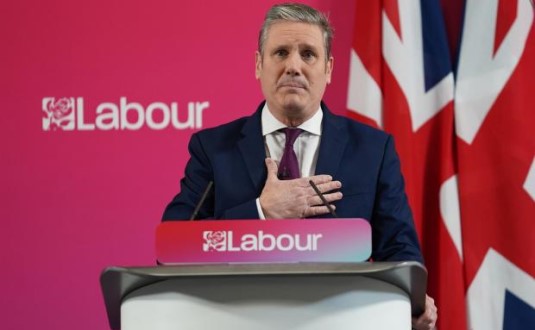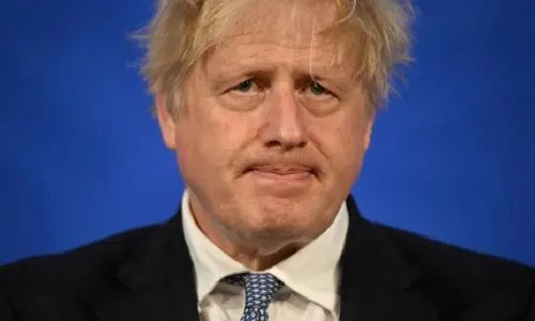
Women and Work by Susan Ferguson
Labour's Lost Soul? by Eric Shaw
Historical Materialism Vols 6 to 11:2
The Lubetkin Legacy by Maria Lewycka
Red Moon by Kim Stanley Robinson
Galaxias by Stephen Baxter
Ten Years of New Labour by Matt Beech and Simon Lees (eds)
Horus Rising by Dan Abnett
The Starmer Project by Oliver Eagleton
Kallocain by Karin Boye
Legacies of Betrayal by Chris Wraight et al
Any comments? Sure. First is the peculiar inclusion of Historical Materialism, which back in the early days of the journal were quite often breeze block thick bois of critical Marxist goodness. The period covered here is, if memory serves, from Summer 2000 to Summer 2003. Why? Well, why not? Is there a better way of getting a grasp on key innovations in Marxism over the last 20 years than reading back issues of a journal dedicated to innovating and developing Marxist thought? These sit awkwardly on last quarter's reading with a couple of Warhammer 40,000 novels - the Abnett and the Wraight for the uncogniscent. We've talked about the grim dark future of the 41st Millennium before, and this couple of books - one a novel, the other a loose anthology - were diverting tales of over the top superhuman soldiers, xenophobia, agents of chaos, all from a gratuitously ludicrous but pleasingly consistent and tightly plotted setting.
On more serious matters, Oliver Eagleton's well-received book is definitely worth a read. The discussion of how the remain campaign got its hooks in the Labour Party, was used by Keir Starmer to enhance his profile and leadership chances, and the role certain leftwingers played, especially John McDonnell, has generated some polite debate and civilised discussion on the left. Leaving that aside, the detail of Starmer's social climbing and mendacity before he entered politics deserves to be widely known and challenged about. On a more upbeat note, I highly recommend Susan Ferguson's Women and Work, which is an excellent primer for Social Reproduction Theory - the contemporary re-emergence of Marxist feminism via engagements with black and intersectional feminism, queer and trans liberation, and contemporary configurations of class. And also Karin Boye's Kallocain, a Swedish dystopian novel that did Nineteen Eighty-Four eight years before Orwell published his most famous work. Last of all, a quick moan about the Baxter work. As a writer of hard sci-fi, Baxter is an engine of scientifically informed imagination - and Galaxias, a novel of first contact, is no different. But where he consistently falls down is on the sociological side of things. No matter where or when his works take us, his social landscapes are either capitalist or some derivative of feudalism. He can conceive alien worlds and alien species, but not alternatives to present and past ways of doing things. Interesting.
What have you been reading recently?

